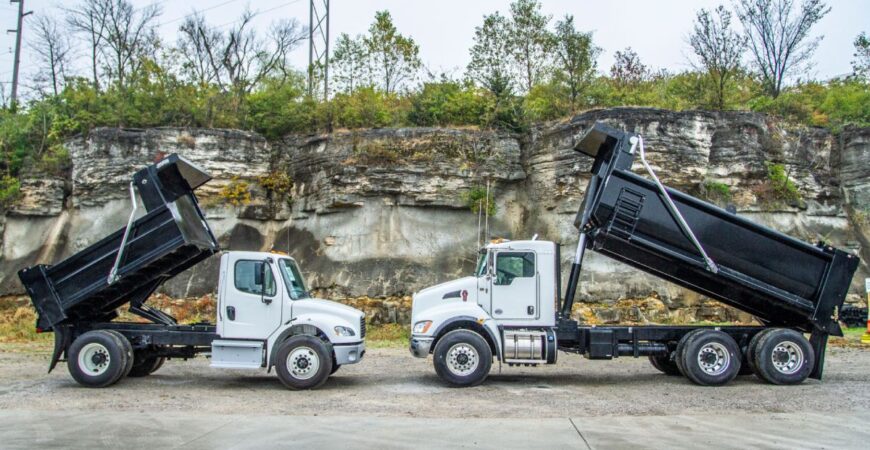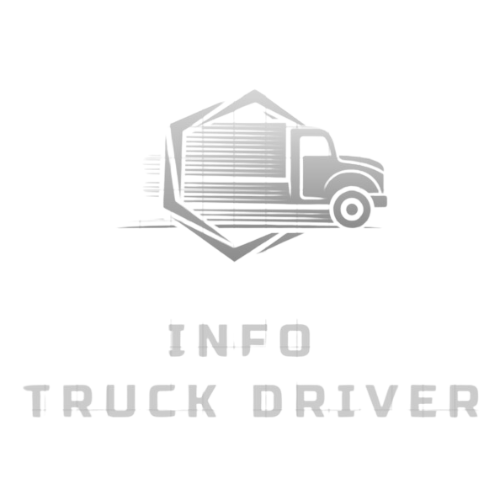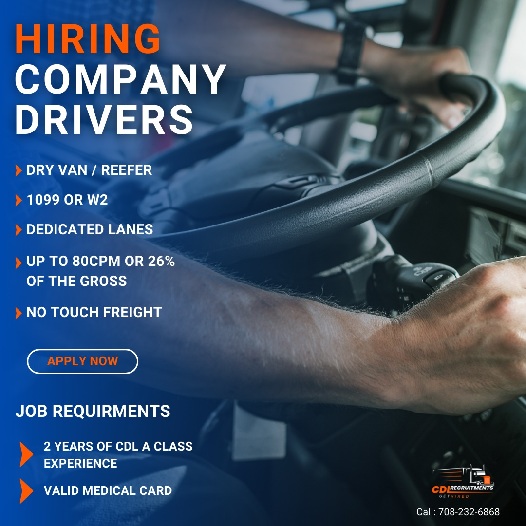CDL Requirement for Operating Dump Trucks: Understanding Regulations and Exceptions
The operation of commercial vehicles, including dump trucks, is subject to specific licensing requirements to ensure safety and proficiency among drivers. However, determining whether a Commercial Driver’s License (CDL) is necessary for driving a dump truck involves considering various factors, including the truck’s classification, weight, and intended use.

Understanding Dump Trucks:
Dump trucks are heavy-duty vehicles designed for transporting loose materials such as gravel, sand, dirt, or debris. These trucks typically fall within different classifications based on their weight and configuration.
CDL Regulations for Dump Trucks:
The requirement for a CDL to operate a dump truck is contingent on several factors:
- Weight Classifications: In the United States, the necessity for a CDL is primarily determined by the Gross Vehicle Weight Rating (GVWR) of the vehicle. Trucks falling within specific weight classifications typically require a CDL for operation.
- Classifications: Dump trucks often fall into various weight categories, including Class 3 (GVWR between 10,001 to 14,000 pounds), Class 4 (14,001 to 16,000 pounds), and higher.
- Type of Cargo: While most dump truck operations involve transporting construction materials, certain specialized hauls or carrying hazardous materials might necessitate additional endorsements or certifications on a CDL.
Exceptions and Variances:
While many states require a CDL for operating dump trucks falling within specific weight classifications, certain exceptions or circumstances might exempt drivers from needing a CDL:
- Non-Commercial Use: If a dump truck is used strictly for personal purposes or non-commercial activities, some states might not mandate a CDL, provided the vehicle is not engaged in business or commercial transportation.
- Intra-State vs. Inter-State Travel: Regulations might differ for drivers operating solely within the boundaries of a single state (intra-state) compared to those conducting cross-border or inter-state transportation.
Regulatory Considerations:
It’s essential to recognize that while some states might exempt certain dump truck operations from CDL requirements based on weight or use, adherence to other regulatory standards such as licensing, vehicle inspections, and traffic laws remains mandatory.
Impact on Employment and Operations:
For individuals seeking employment as dump truck drivers or those engaging in commercial operations, possessing a CDL offers numerous advantages:
- Employment Opportunities: Many employers hiring dump truck drivers prefer candidates with a CDL, providing broader employment prospects and potentially higher pay.
- Safety and Proficiency: CDL holders undergo training and examinations, ensuring they possess the skills and knowledge necessary to operate larger vehicles safely.
The necessity for a CDL to drive a dump truck hinges on several factors, primarily the vehicle’s weight classification, intended use, and specific state regulations. While certain exemptions might exist for non-commercial or personal use of dump trucks, engaging in commercial transportation or hauling within certain weight thresholds often requires a CDL.
Understanding and complying with these regulations is crucial for individuals considering employment in dump truck operations or seeking clarity on licensing requirements.
As regulations can vary between states and based on specific circumstances, consulting with local authorities or licensing agencies can provide accurate guidance regarding CDL requirements for driving a dump truck.


